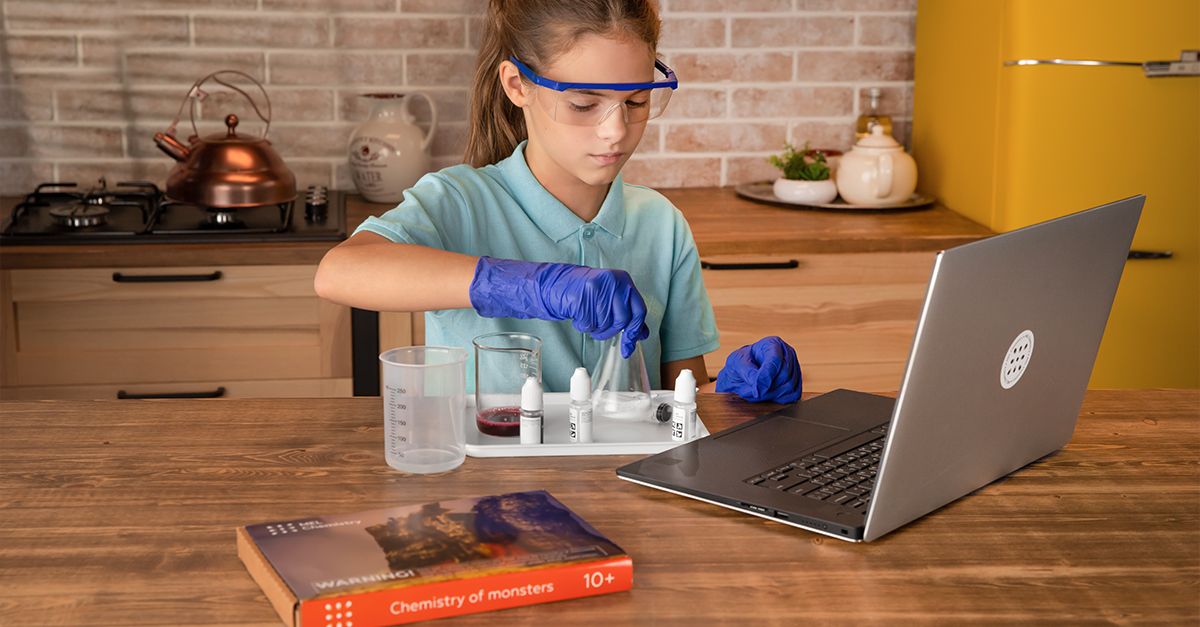A Comprehensive Guide to Science Lessons for 6th-Grade Parents
For parents looking to organize science lessons for 6th grade, this comprehensive guide offers practical tips and highlights resources to enhance the learning experience.

Navigating the world of 6th-grade science education as a parent can sometimes feel overwhelming. However, with the right resources and planning, you can actively participate in your child's learning journey. This article aims to provide you with practical advice on organizing science lessons for sixth-grade science students.
Understanding the Curriculum of Sixth Graders
The first step to becoming an effective science-supportive parent is to understand what your child will be learning in the 6th grade. Typical subjects include Earth science, basic physics, and rudimentary biology. Having an overview of middle school science topics will help you identify areas where you can offer additional help or resources.
Create a Learning Schedule
Constructing a flexible yet structured learning schedule can be immensely beneficial for the smooth learning of science concepts. Weekends could be devoted to supplemental activities such as trips to the science museum or experiments using science kits like ones from MEL Science. These kits are curated to align with school curricula and provide hands-on experience, making them an excellent addition to your educational toolkit for sixth-grade students.
Hands-on Experiments
The significance of hands-on experiments cannot be overstated. It is crucial to have a 'Science Kit' at home stocked with essentials. If you’re looking for a streamlined and educational option, MEL Science offers specialized science kits designed to enhance the learning experience. These kits come with all the necessary materials and step-by-step instructions, making it easier for parents who may not have a strong science background.
Homework and Study Corner
Set aside a specific area in your home for study and homework. This corner should be a conducive environment, devoid of distractions, and equipped with all the study materials your child might need.
Use of Technology
Technology can be a boon for interactive learning. Websites and apps like Khan Academy and National Geographic Kids offer supplementary lessons and quizzes. MEL Science also provides interactive VR lessons that can help deepen your child’s understanding of complex scientific concepts, making it an innovative supplement to traditional learning methods.
Parent-Teacher Collaboration
A collaborative relationship with your child's science teacher can be extremely beneficial. It enables you to stay updated on what is being taught in school and to align your supplementary educational efforts in a way that matches the classroom agenda.
Involve Your Child in Planning
Remember to involve your child in the planning stages. They are more likely to be engaged if they have a say in the activities or topics they explore.
Conclusion
Organizing science lessons for 6th grade doesn’t have to be daunting or complicated. With structured planning, the use of technology, and the aid of resources like MEL Science, you can create an enriching and enjoyable learning experience for your child. By incorporating hands-on experiments and fostering a genuine interest in the subject, you not only contribute to their academic success but also set the groundwork for a lifelong passion for science.

